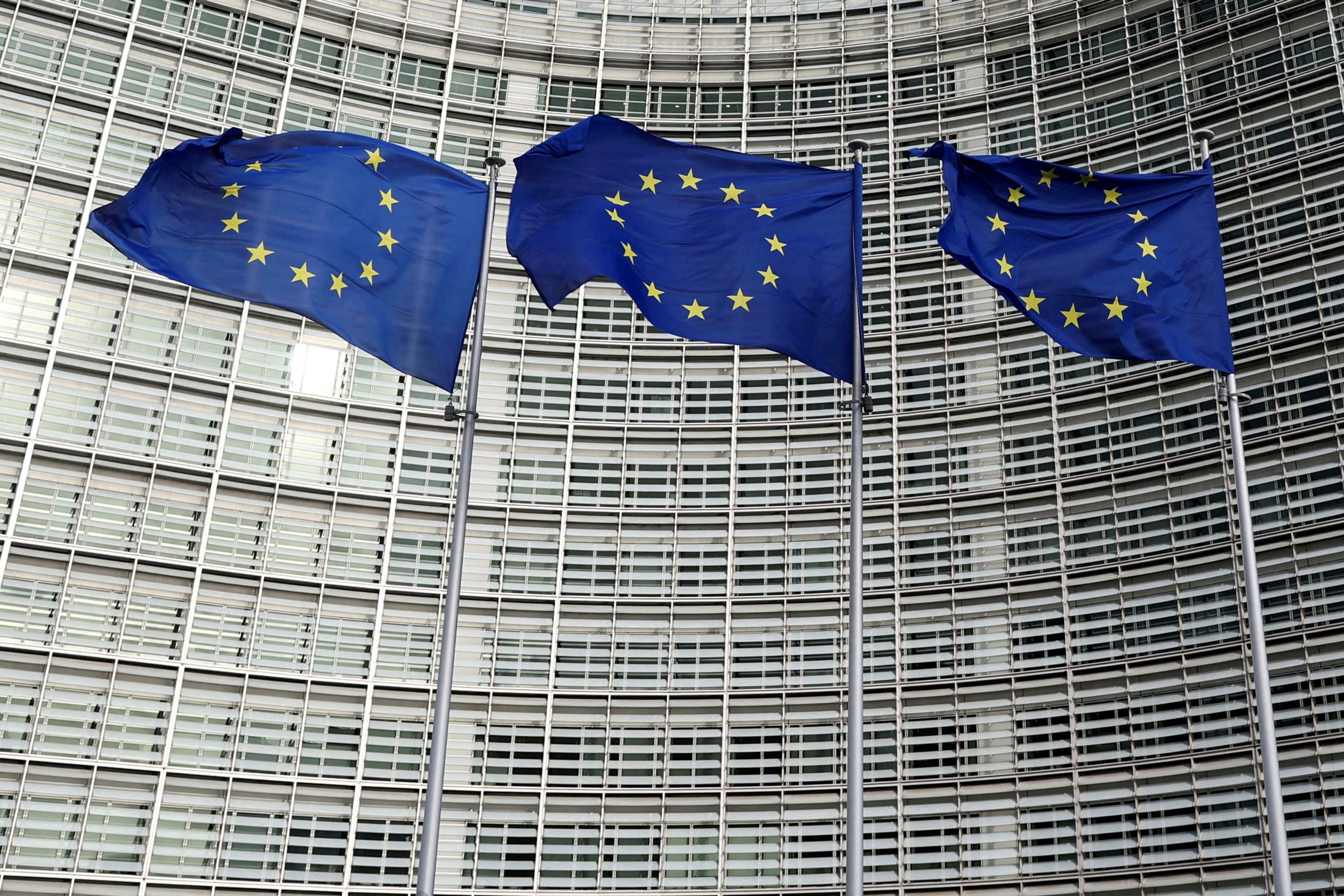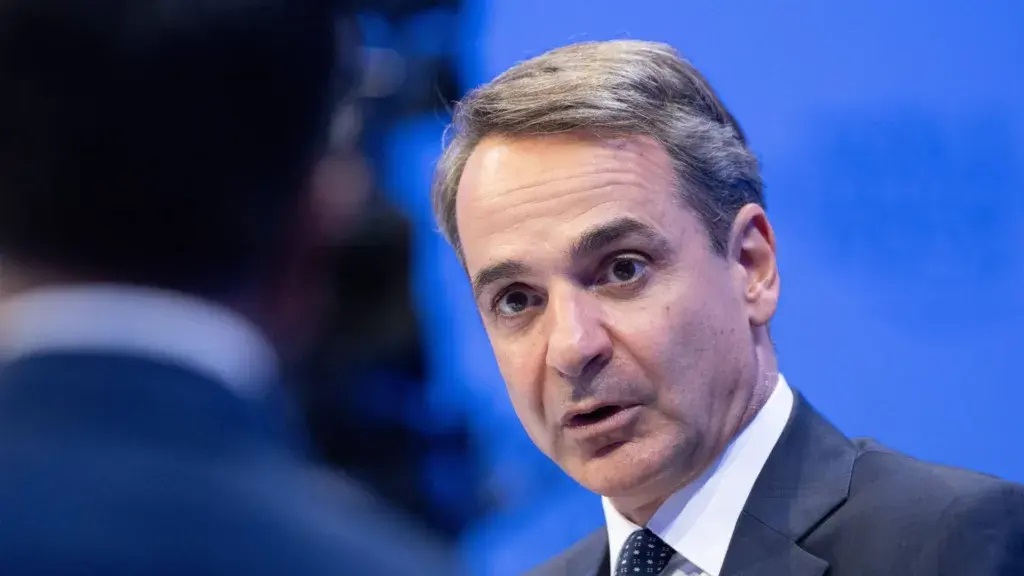Internal divisions within the EU over funds and the future of Ukraine jeopardize crucial commitments made to Kyiv months ago, precisely at a time when the flow of American economic and military aid to the country has abruptly halted amid a politically divided Congress.
European officials emphasized to the Financial Times that EU member states are far from reaching an agreement on topping up the bloc’s common budget – including €50 billion for Ukraine – ahead of the summit in Brussels on December 14-15.
Tensions among EU nations have cast doubt on the unity needed to deliver on promises of financial aid to Ukraine, raising concerns about the stability and support the country can expect in the face of ongoing geopolitical challenges.
This comes as the abrupt cessation of American aid further complicates Ukraine’s diplomatic and strategic landscape, leaving Kyiv in a precarious position during a critical juncture. The outcome of the upcoming EU summit will be closely watched as it may shape the trajectory of EU-Ukraine relations and impact broader geopolitical dynamics.
According to the Financial Times, the EU’s attempts to reach a compromise are hindered by the recent win of the far-right party in the Dutch elections, Geert Wilders’ “Party For Freedom” last month and the recent decision by the German court limiting government borrowing. Achieving an agreement on the budget would be “very, very difficult,” stated a senior official.
Meanwhile, the proposed $60 billion package by the Biden administration is struggling to gain traction in Congress. The shifting political landscape within EU member states, coupled with internal legal constraints, has added significant hurdles to the EU’s efforts, and the outcome remains uncertain as geopolitical tensions and domestic challenges intersect, influencing the trajectory of critical financial commitments and geopolitical alliances.



